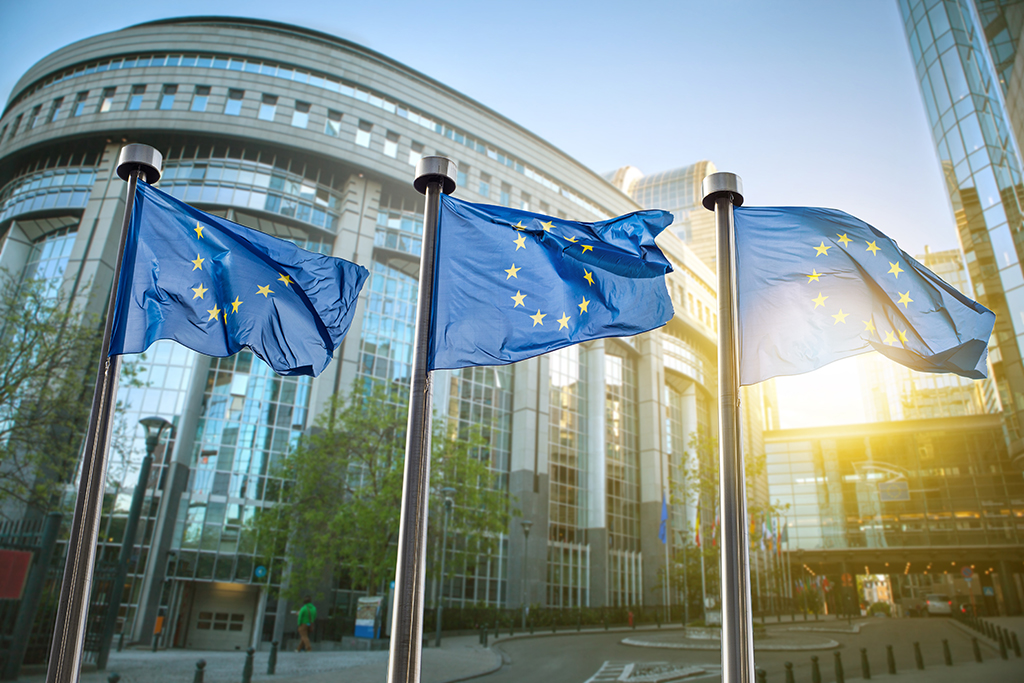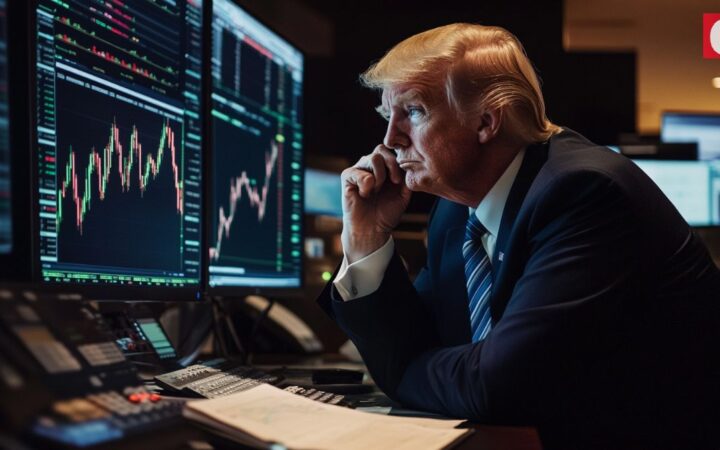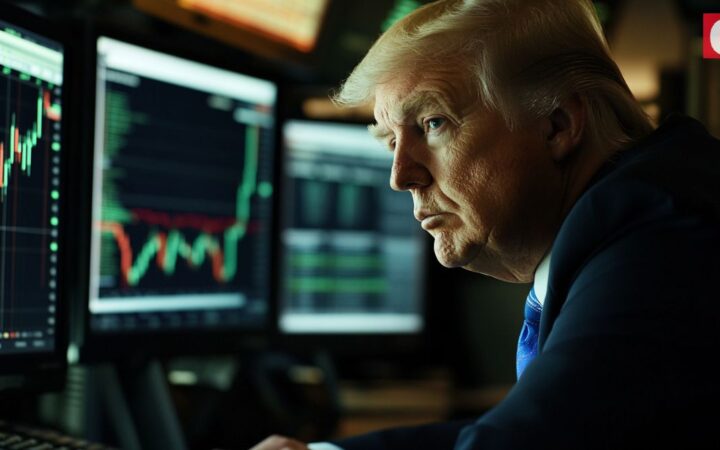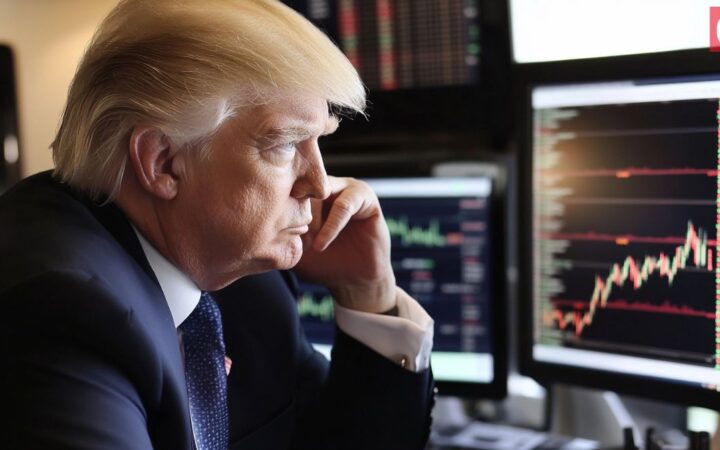
Jeff Fawkes is a seasoned investment professional and a crypto analyst. He has a dual degree in Business Administration and Creative Writing and is passionate when it comes to how technology impacts our society.
Many world’s governments decided to ban Facebook’s Libra before it enters the game. However, the EU wants to go even further.

The G7 meeting participants state that things like stablecoins including Facebook‘s Libra should be strictly regulated and the risks connected with them are not yet studied well. Per EU lawmaker and a German conservative Markus Ferber:
“At the very least, we need a robust regulatory framework to deal with virtual currencies. The (executive EU) Commission has been way too complacent on the issue so far. With the threat of Libra on the horizon, it is time for action now.”
The draft text of the new law says that ECB should issue its cryptocurrency to compete with large U.S. corporations. The social network is continually lying to Americans about how it processes personal data. So, European countries starting to take steps of protection from Facebook’s usually invasive “services.”
In the next month, the draft bill could create a portal to a new reality of the European financial sector. Per the group of Finnish lawmakers:
“The ECB and other EU central banks could usefully explore the opportunities as well as challenges of issuing central bank digital currencies, including by considering concrete steps to this effect.”
Benoit Coeure from the European Central Bank said that the new cryptocurrency must allow people to directly deposit funds to their ECB hosted wallets. This will eliminate the need for clearinghouses, small banks, and even accounts themselves, enabling the customers to transact directly with each other in seconds. Only the ECB will be in control of the consensus rules within such a payment network.
Libra is already a project that gains much criticism, while many countries have stopped ignoring the threat posed by the unregulated stablecoin’s possible launch.
Governments also have much fewer “clients” than Facebook. While a typical stablecoin has to build trust, transparency, and business reputation “on the go,” Facebook can facilitate their existing infrastructure and user base of billions of persons.
However, it’s worth mentioning that due to the pressure from the side of the governments Libra has lost some of its members, including PayPal and Visa.
If you think that Facebook is transparent and honest, ask yourself why they have deleted the pages of one of the very few honest politics and anti-corruption activists of Ukraine – Andrey Portnov? He is the only man in the upper circles of Eastern Europe’s most controversial country who seem to care about the local budget, take a look at Potnov’s Telegram channel (it’s in Russian). In August 2018, Facebook also deleted all the pages that Anatoliy Sharij led. Anatoliy is one of the most famous Ukrainian YouTube bloggers with 2.22 million subscribers.
At the same time, Facebook allows political ads created by President Donald Trump’s team, with unproven conspiracy theories about the Biden family. Facebook not only allowed that. It also told Americans that it fights for “political freedom of speech.” If so, why deleting the Ukrainian corruption fighter’s page?
Whether Facebook is honest or not, it certainly grabs too much authority for itself when it comes to politics. What will they do when they have access not only to politics but also to the finance sector?

Jeff Fawkes is a seasoned investment professional and a crypto analyst. He has a dual degree in Business Administration and Creative Writing and is passionate when it comes to how technology impacts our society.




